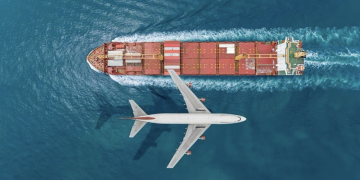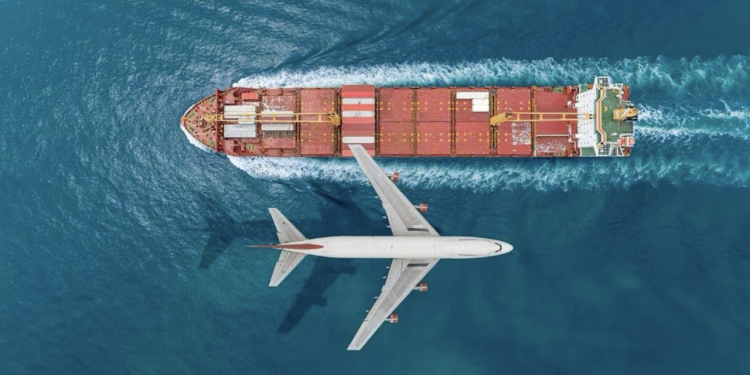In the ever-changing landscape of global commerce, logistics has emerged as the backbone of trade, shaping economies and driving innovation. As the world becomes increasingly interconnected, the demand for efficient, sustainable, and resilient logistics systems has reached unprecedented levels. Here’s an in-depth look at how logistics is transforming industries, overcoming challenges, and paving the way for a future powered by seamless trade.
The Growing Importance of Logistics
Globalization has exponentially increased the complexity of supply chains. From sourcing raw materials in one continent to delivering finished products across the globe, logistics ensures that every link in the chain operates smoothly.
- Economic Impact: Logistics accounts for a significant portion of a nation’s GDP, underpinning industries such as manufacturing, retail, and technology. Efficient logistics systems enhance competitiveness and foster economic growth.
- Consumer Expectations: The rise of e-commerce has set new standards for delivery speed and precision. Today’s consumers demand next-day or even same-day delivery, pushing logistics providers to innovate and streamline processes.
Key Innovations in Logistics
Technological advancements are redefining the logistics landscape. Companies are leveraging cutting-edge tools to improve efficiency and reduce costs.
- Automation and Robotics
Warehouses and distribution centers now employ robots for tasks like picking, packing, and inventory management. Automation reduces human error and accelerates operations. - Artificial Intelligence (AI) and Big Data
Predictive analytics powered by AI enables companies to forecast demand, optimize routes, and mitigate risks. Real-time tracking and analytics also enhance decision-making. - Green Logistics
With increasing awareness of climate change, companies are adopting sustainable practices. Electric vehicles, energy-efficient warehouses, and carbon-neutral shipping methods are becoming industry standards. - Blockchain Technology
By offering transparency and security, blockchain is transforming how transactions and tracking are handled. It reduces fraud and ensures data integrity across supply chains.
Challenges Facing the Logistics Industry
Despite advancements, the industry faces hurdles that require strategic solutions:
- Infrastructure Gaps: Many developing countries lack robust infrastructure, hindering efficient trade and logistics operations. Investments in ports, roads, and railways are critical.
- Workforce Shortages: The logistics sector is grappling with labor shortages, particularly in trucking and warehousing. Upskilling workers and embracing automation can bridge this gap.
- Regulatory Barriers: International trade involves navigating complex regulations and tariffs. Harmonizing standards and fostering global cooperation are essential for smoother operations.
The Future of Logistics
The future of logistics lies in collaboration and innovation. Emerging trends such as autonomous vehicles, drone deliveries, and hyperloop transportation promise to revolutionize the industry.
Moreover, the integration of logistics with technologies like IoT (Internet of Things) will further enhance connectivity and efficiency, creating a truly interconnected supply chain.
Conclusion
As logistics continues to evolve, its impact on global trade and daily life becomes increasingly evident. By embracing technology, fostering sustainability, and overcoming challenges, the logistics industry is set to become a driving force behind a more connected and efficient world. For businesses, staying ahead in this dynamic sector means not just adapting to change but leading it.
The Logistic News is your gateway to understanding these transformations and staying updated on the latest trends in logistics and supply chain management. Together, let’s drive innovation and shape the future of global trade.























